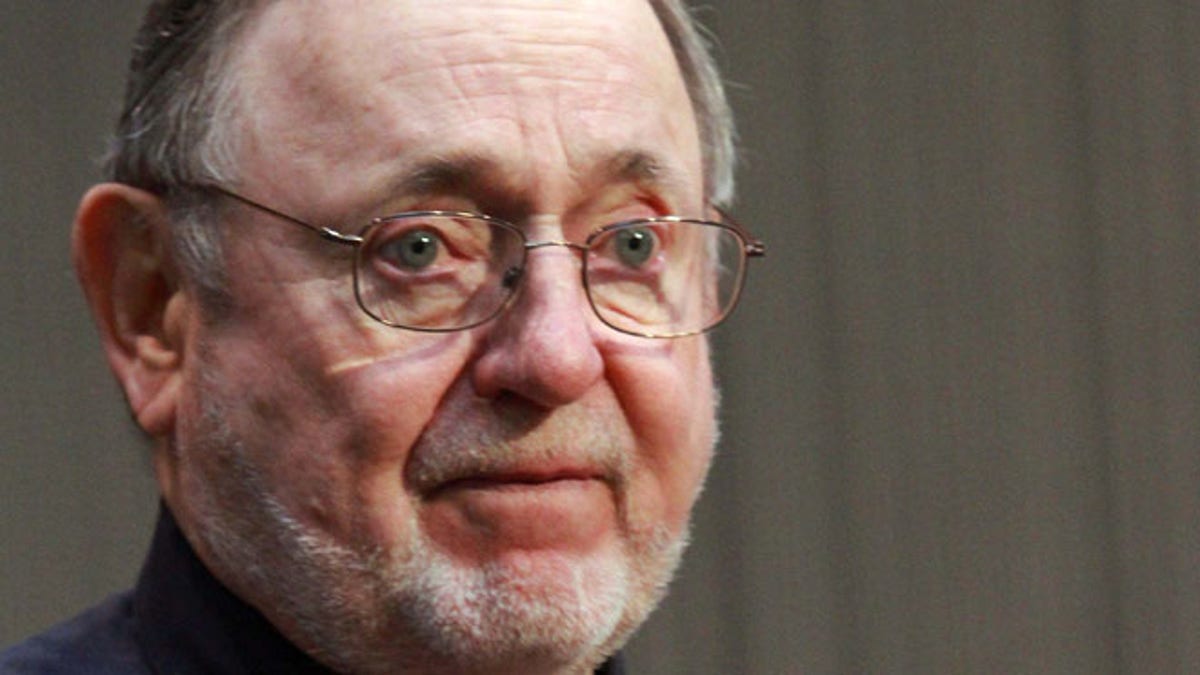
Oct. 20, 2011:Rep. Don Young, R-Alaska. (AP)
WASHINGTON – The House Ethics Committee on Friday ordered Alaska Rep. Don Young to pay a $60,000 fine for misconduct tied to his acceptance of 15 trips, using campaign funds for personal use and accepting other unethical gifts.
The 81-year-old Young was issued a formal letter by the committee calling out his actions – the House version of a public rebuke.
"I accept the House Committee on Ethics' report and regret the oversights it has identified," Young, the longest serving Republican in the House, said in a written statement Friday. "There were a number of instances where I failed to exercise due care in complying with the House's Code of Conduct and for that I apologize. As the Committee indicates in its report, I never 'made any knowingly false statements to government officials' nor did I act 'corruptly or in bad faith."
The ethics committee examined 25 trips that Young, his family and staff took to hunting lodges between 2001 and 2013, determining that 15 were inappropriate. The committee also said that for seven of the 15 trips, only some of the expenses, like air travel provided by friends but not previously cleared by the committee, were improper, while the rest fell under exemptions to House gift rules.
For the other eight trips, all expenses associated with travel were improper gifts or improper personal use of campaign funds, the committee said.
The cost of the trips came out to be $59,063.
As part of his penalty, Young must repay the money to his campaign coffer via his personal funds.
The focus of the trips in question came during a four-year period —2003 to 2007 —that was also the focus of a sprawling FBI investigation into inappropriate ties between an Alaska energy firm and the state's top elected officials.
Young was also found not to have reported gifts on his annual financial-disclosure statements.
A former chairman of two House committees, Young won a special election in 1973 to fill the seat of the late Nick Begich, who died in a plane crash just before the 1972 election.
Young said he has made the recommended payments and taken steps to strengthen his office's policies since rules changes went into effect in 2007.
"It is through these actions that I show my colleagues and Alaskans that I fully respect the House Rules and will continue to comply with them now and in the future," he said. Young's attorney said by email that the financial reports were still being worked on.
But the committee said Young's more recent efforts at compliance, "while commendable," did not overcome the need for a rebuke, given that some of the violations occurred after 2007 and were only brought to its attention after the Department of Justice had started investigating.
The matter dates to 2010, when Young requested the committee review certain gifts he had received. He said the DOJ was also investigating the trips, but he considered the committee to be the proper entity for determining the propriety of the gifts he had accepted, according to a report from a special investigative panel formed last year to look into the matter. The report was among the information released by the committee Friday.
The special panel was charged with investigating whether Young had failed to report gifts on disclosure forms, misused campaign funds and lied to federal officials. It found no basis to conclude that Young had knowingly made any false statements to government officials. It also "did not find substantial reason to believe that Representative Young acted corruptly or in bad faith when he accepted any of these improper expenses," according to its report, dated April 29.
But the special panel — whose findings were adopted by the Ethics committee — found that Young was careless and should have known better in a number of the cases.
Melanie Sloan, executive director of the watchdog group Citizens for Responsibility and Ethics in Washington, scoffed at the "non-penalty" issued by the committee.
"Just when you think the Ethics Committee can't do anything more embarrassing, it does," she said in a statement. "No wonder Congress has a lower approval rating than cockroaches."
The Associated Press contributed to this report.




